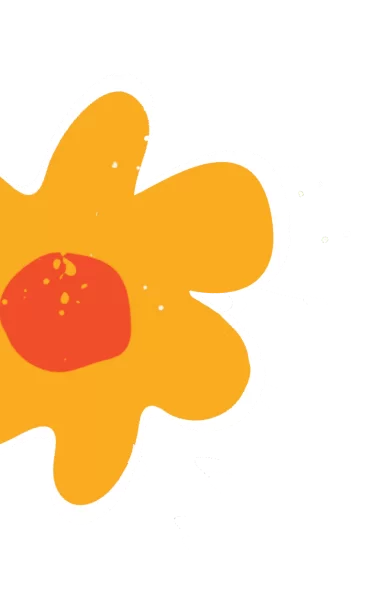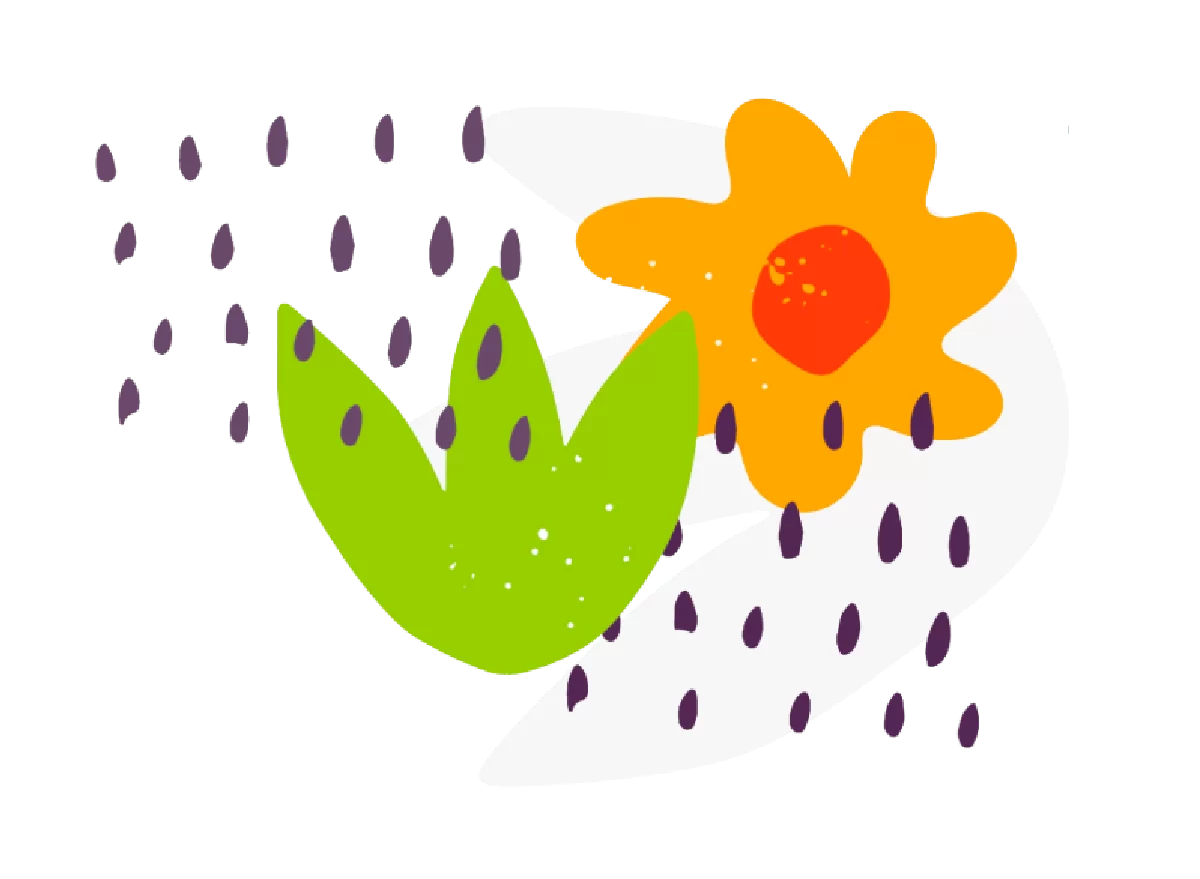Born to love and be loved.
This session explores the impact of being born into adverse family dynamics and the different ways in which social care and school can support children and families.
Adverse childhood experiences impact almost all children. Whether it’s abuse, neglect, poverty, divorce or seeing parents in conflict, it’s likely we have all experienced an adversity. More extreme adversity can have a detrimental impact on a child’s development, attachment needs and mental wellbeing. This session takes you step-by-step through the most common adverse childhood experiences, the impact they have on children and families and how to support those experiencing them.
We want all children to go through positive experiences that enable them to thrive, and feel safe and supported. Young people are constantly learning from their parents and the environments around them. When young people experience adverse childhood experiences it can have a damaging impact on their development, sense of well-being and how they form attachments with those around them.
This course explores adverse childhood experiences such as divorce and the bereavement this causes for young people. We look at the impact of living between parents and family members, and what this means for a child’s learning and development when schools and friends change. We will also explore the different roles of social care and the various levels of support young people and families can receive.
We will share lived experiences and theories about parenting styles, exploring different examples that include discussions about the impact of abuse, poverty and neglect. We will look at attachment styles, how they form and what you can do to help young people build trusting relationships with you. Finally, you’ll understand the different types of abuse, how to spot it and what to do to keep a child safe.
Learning Outcomes:
- Recognise the impact of adverse childhood experiences for children and families
- An introduction to attachment styles and how they are developed
- Gain an overview of how trauma impacts the brain and behaviour
- Develop an understanding of the stress response and how it triggers
- Learn about abuse, neglect and poverty and the statistics on a local level















